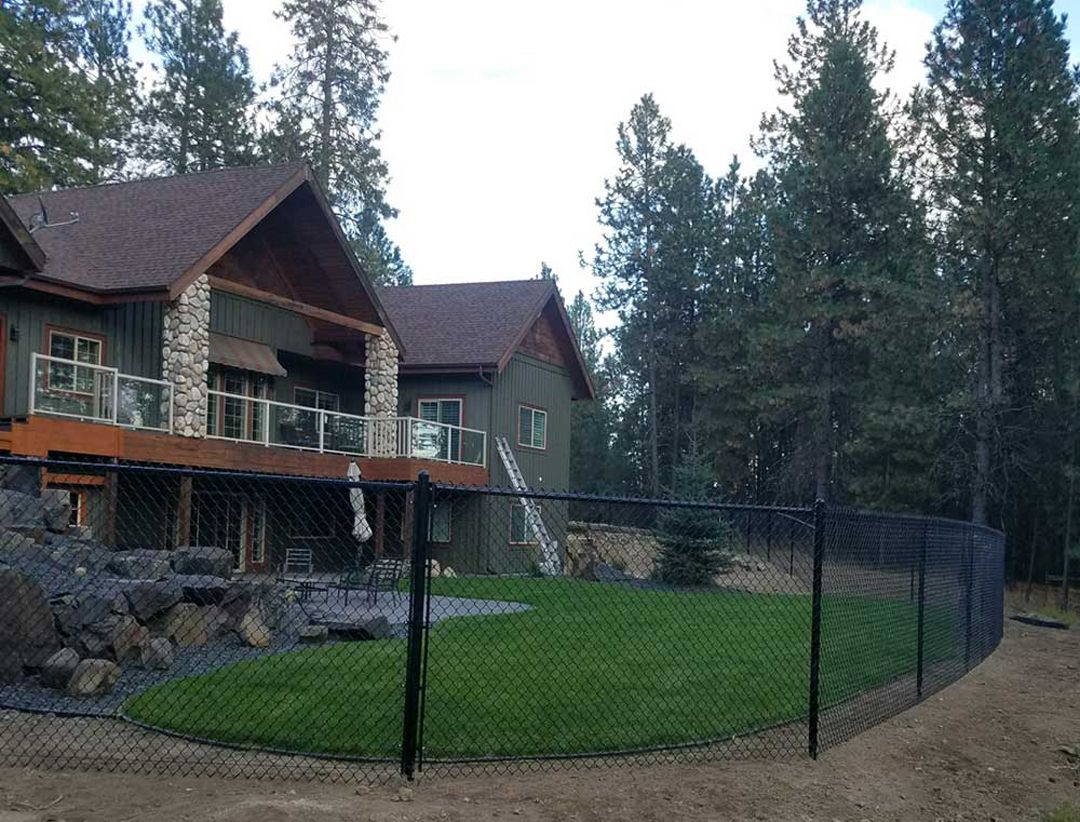Maintaining your fence doesn't always require a professional. With the right tools and a bit of know-how, you can handle many common issues yourself and save money. Here's how you can tackle basic fence care like a pro!
Essential Tools for DIY Fence Maintenance
To get started with fence repairs, gather the necessary tools. Below is a list of must-haves for most basic fence maintenance tasks:
- Hammer – For repairing loose nails or fixing broken boards
- Screwdriver – Great for tightening screws in wooden or metal fences.
- Post Level – Ensures your fence posts stay perfectly vertical
- Paint or Stain – Helps protect wood from the elements and extend its lifespan
- Wire Cutters – Wire cutters are great for trimming wire fences or removing tangled vines.
Step-by-Step Fence Repair Guide
Steps to Fix a Loose Fence Board
A loose or broken board is an easy fix with the right tools. Here’s a step-by-step guide to help you repair it:
- Take out any loose nails or screws with a hammer or screwdriver.
- Align the board with the fence and secure it with new screws or nails.
- Consider adding a corner bracket or additional reinforcement to ensure stability.
Sealing and Staining Wooden Fences
To protect your wooden fence and maintain its appearance, staining or sealing is essential:
- Start by cleaning the fence well to remove any dirt, debris, and mildew.
- Select an appropriate stain or sealant that is intended for exterior applications.
- Use a brush or sprayer to apply the stain, starting from the top and working your way down.
- Let the stain dry fully before using the fence again.
When to Call a Professional for Fence Repairs
Not every fence issue can be fixed with a DIY approach. While minor repairs like tightening screws or replacing boards are manageable, more complex problems may require a professional's expertise:
- Extensive structural damage, such as leaning posts or a sagging fence.
- Electric or high-security fences that require specialized knowledge.
- Major weather damage that could compromise the integrity of the entire fence.
When in doubt, it’s best to call a professional. It will save you time, money, and avoid any unnecessary stress.
